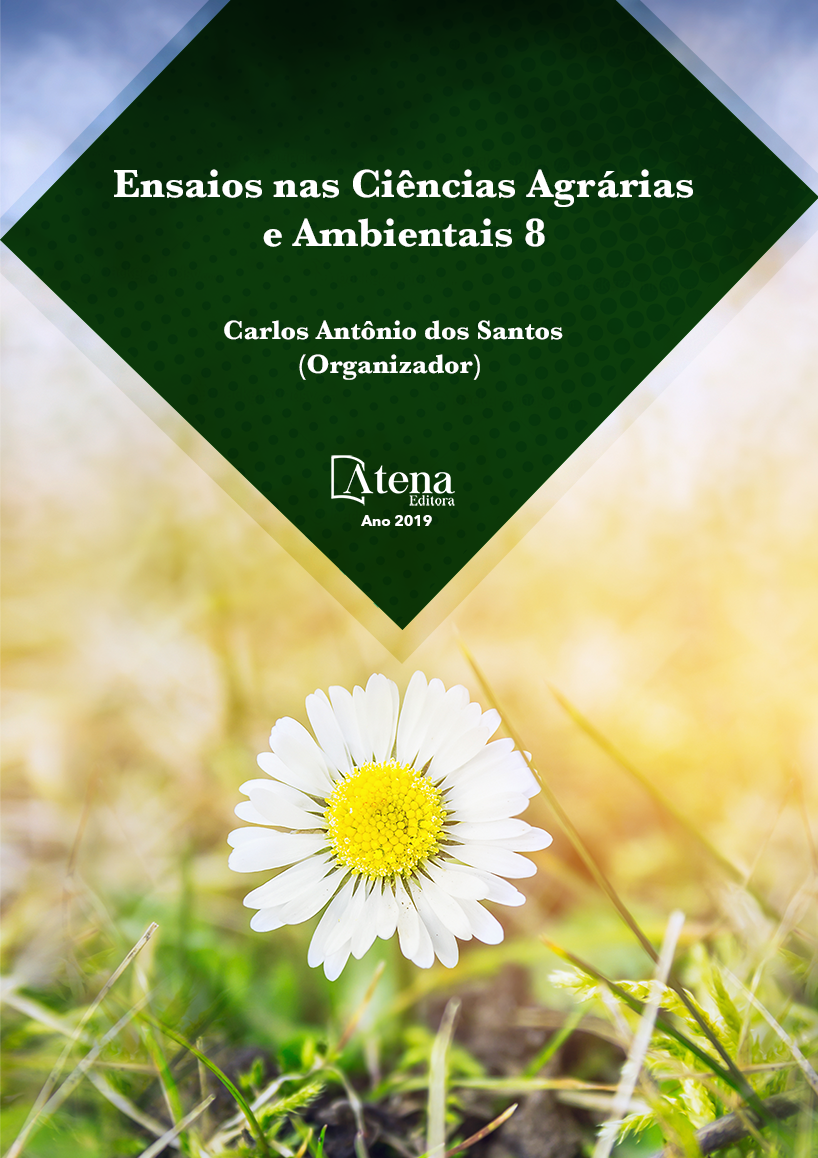
SABERES TRADICIONAIS INDÍGENAS E SUSTENTABILIDADE: DIÁLOGOS NA CONSTRUÇÃO DO (ETNO)DESENVOLVIMENTO SUSTENTÁVEL
Este artigo discorre acerca de uma
pesquisa sobre a elaboração de alternativas
sustentáveis para as atividades produtivas
do povo indígena Assurini, habitante da Terra
Indígena Trocará, localizada em região de
floresta amazônica no sudeste paraense. No
contexto de orientação para medidas de manejo
sustentável das florestas nativas advindas
da “Pretendida Contribuição Nacionalmente
Determinada do Brasil”, documento no qual
o Brasil se compromete com a ConvençãoQuadro das Nações Unidas sobre Mudança
do Clima, tal pesquisa relaciona a situação
socioeconômica em que se encontra a Terra
Indígena Trocará com a elaboração de
alternativas sustentáveis economica, social e
ambientalmente para as atividades produtivas
deste povo indígena. Verificou-se que o povo
Assurini apresenta crescente dependência
econômica, social e cultura da sociedade
externa, o que mina a autonomia econômica
e cultural deste povo. As gerações mais novas
passaram a praticar cada vez menos as
atividades produtivas tradicionais, deixando
de lado os saberes tradicionais milenares de
seus antepassados sobre o modo de vida que
convive de forma menos predatória com a
floresta amazônica se comparado à sociedade
não-indígena, saberes que podem ser uma
chave para o desenvolvimento sustentável
nesta região. Como resultado da pesquisa,
é possível observar o amplo conhecimento e
interesse dos Assurini em retomar as práticas
culturais sobre os Produtos Florestais NãoMadeireiros, sob técnicas do extrativismo,
em especial a coleta de castanha-do-pará,
açaí e bacuri. Almejam, entretanto, dialogar
com conhecimentos da sociedade externa
para potencializar as atividades produtivas
do extrativismo, tanto técnicas e tecnologias
que facilitem o processo de produção, quanto
saberes sobre a economia monetária e formatos
jurídicos próprios para comercialização. Concluise que a conjunção de atividades produtivas
sustentáveis que dialoguem com os saberes
indígenas tradicionais permitem alavancar não
apenas alternativas econômicas, mas também
a identidade cultural deste povo.
SABERES TRADICIONAIS INDÍGENAS E SUSTENTABILIDADE: DIÁLOGOS NA CONSTRUÇÃO DO (ETNO)DESENVOLVIMENTO SUSTENTÁVEL
-
DOI: 10.22533/at.ed.51019270217
-
Palavras-chave: Desenvolvimento sustentável; etnodesenvolvimento; sustentabilidade; saberes tradicionais indígenas; Terra Indígena Trocará.
-
Keywords: Sustainable development; ethnodevelopment; sustainability; indigenous traditional knowledge;Trocará Indigenous Land.
-
Abstract:
This article discusses a research
about the elaboration of sustainable alternatives
for the productive activities of the indigenous people called Assurini, inhabitant of the
Trocará Indigenous Land, located in an Amazon rainforest region in southeastern Pará.
In the context of guidance for measures for the sustainable management of native forests
arising from Brazil’s “intended Nationally Determined Contribution” (iNDC), a document
in which Brazil commits itself to the United Nations Framework Convention on Climate
Change, this research relates the socioeconomic situation of Indigenous Land Trocará,
which presents increasing economic, social and cultural dependence of the external
society, weakening the economic and cultural autonomy of the Assurini people, with
the elaboration of economically, socially and environmentally sustainable alternatives
for the productive activities of this indigenous people. The younger generations began
to practice less and less traditional productive activities, leaving aside the traditional
millennial knowledge of their ancestors about the way of life that coexists less predatorily
with the Amazon forest compared to the non-indigenous society, knowledge that can be
a key to sustainable development in this region. As a result, it is possible to observe the
wide knowledge and interest of the Assurini in retaking the cultural practices on nontimber forest products, under the techniques of extractivism, especially: Brazil nuts,
açaí and bacuri. They demonstrate a will, however, to dialogue with the knowledge of
the external society to enhance the productive activities of extractivism, both techniques
and technologies that facilitate the production process, as well as knowledge about
the monetary economy and legal formats for commercialization. It is concluded that
the conjunction of sustainable productive activities that dialogue with the traditional
indigenous knowledge allows leverage not only an economic alternative but also the
cultural identity of this people.
-
Número de páginas: 15
- Miguel Bonumá Brunet


